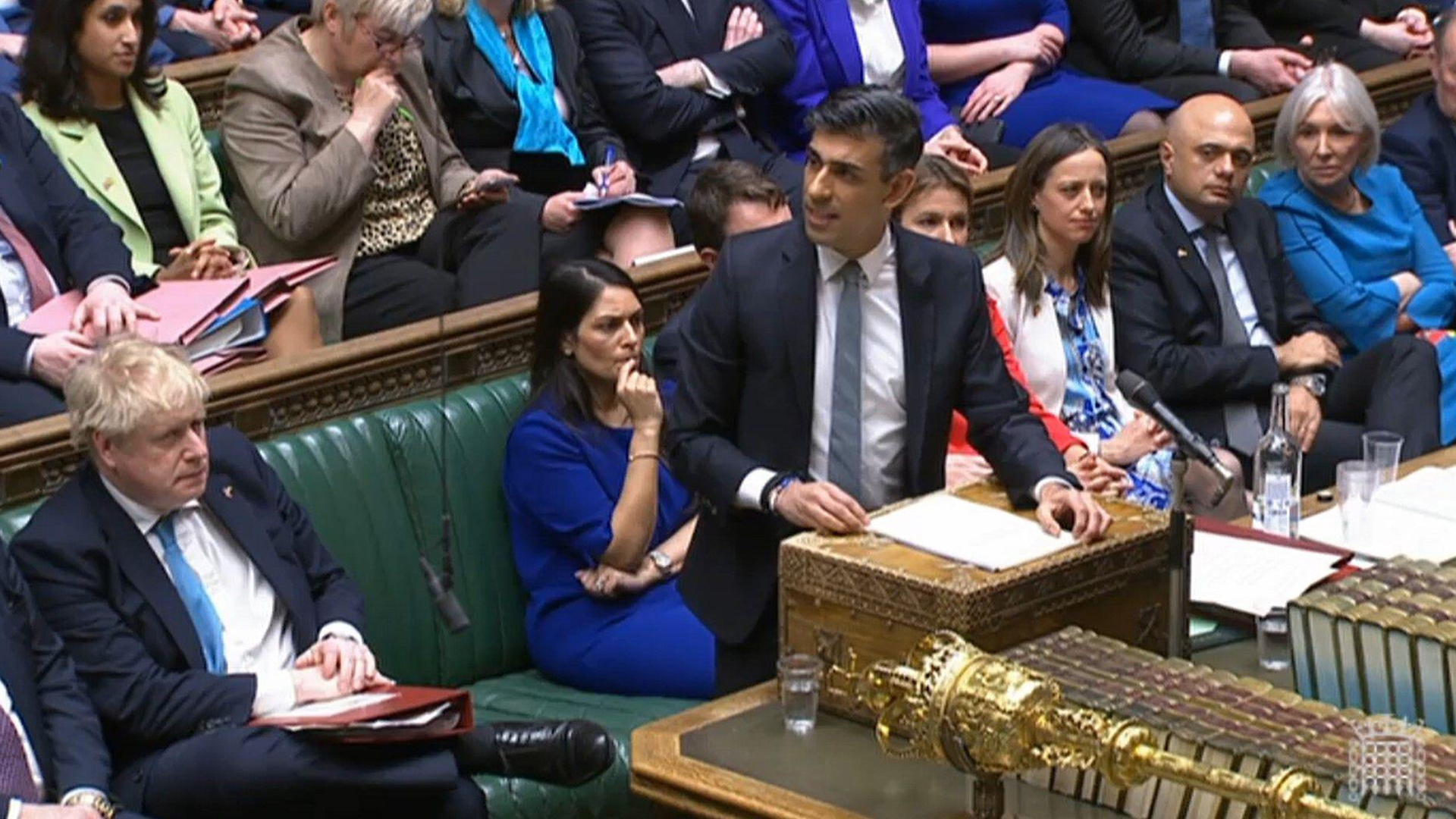An enormous amount of energy goes into trying to give people in poverty some kind of better deal. I started The Big Issue to, as they say, ”cut the poor a bit of slack”. To improve the situation somewhat for people who had fallen into poverty.
Rishi Sunak’s spring statement provided the opportunity for a deluge of observers to show once again how government generally leaves the poorest among us out in the cold. I participated in a House of Lords debate on the issue in which most of the 20 contributors were negative, and repeated how hard it will be for the poorest. Fuel poverty and food poverty are real demons that stalk the land. Standards of living, already challenged, are dropping to levels unseen for 60 years.
It was an incredibly grim picture because it showed that there are a vast number of people in the UK who cannot take the inflationary pressures of the modern unstable world economy. Up to two million slipping into poverty of a deeper kind. A deep-seated health and wellbeing issue that will take years to overcome. The grimness piles up and it has once again motivated people in Parliament to try and grasp some relief for the poor, faced with a government that will not do enough for those in need.
Regretfully there are people having to be permanently on the alert because provision for the poorest is never enough. And to this are added new voices of concern and disdain. But there is something going wrong that is not being addressed. Something that is eluding those game for a fight over poverty. The missing element, I would suggest, is any real global effort to end poverty. Tackling emergencies and trying to grasp some concessions for people already in poverty blinds us to the need – even in our current emergency situation – to work on how we avoid the next emergency.
All the big bucks and the big guns are lined up to attack an emergency only when it has become an emergency. All the angry social energy then evaporates, having expended itself on wringing some concessions out of government for those in need. A very vital task, you may say. And who can quibble with those dedicated to wringing out the concessions? For they are necessary, are they not? Yes they are necessary, if in the meantime we have not been able to reconstitute the social contract between government and people. If we have not sat down and recalibrated the way that government spends our money on poverty and its prevention.
Some years ago I was at a conference with Richard Wilkinson, the co-author of The Spirit Level. It was a very interesting book which largely proved that social equality lays the foundation stone for greater health, wellbeing and prosperity. The more equality you have, the more social justice and cohesion results. He compared numerous countries’ economies and highlighted how the UK falls way behind in terms of equality and the financial resources that government spend on the poorest.






